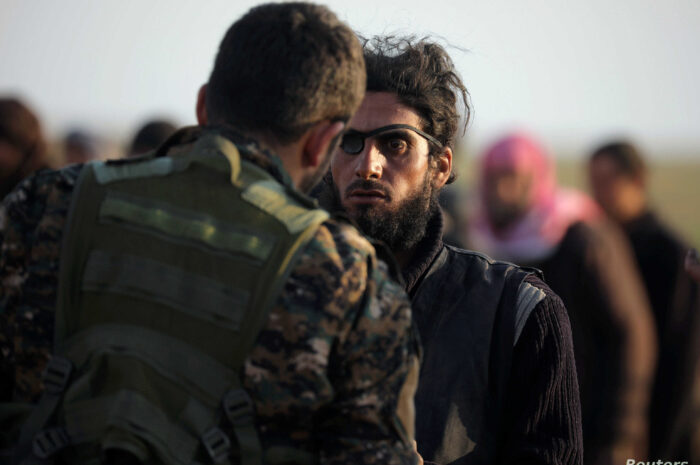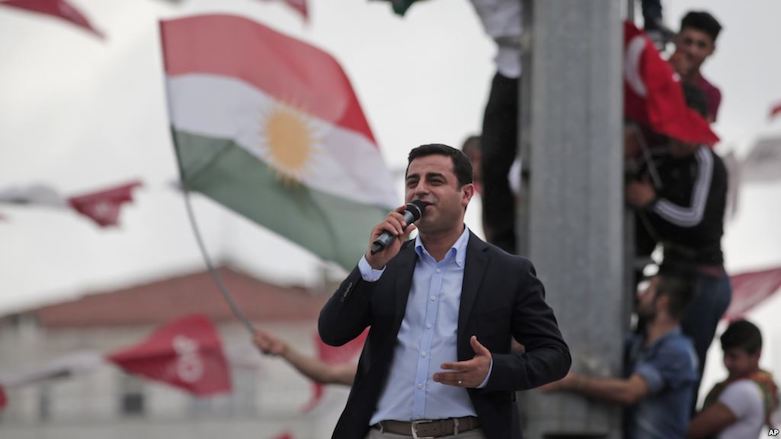
The following article was originally published in The Region.
Selahattin Demirtaş, who is the co-leader of the ‘Peoples’ Democratic Party’ (HDP) in Turkey, will be stepping down from his position. This comes after a recent HDP party meeting where a letter from Demirtaş was read out before the congress. It is a heavy blow to the Kurdish party, which is the third largest and youngest Turkish party in government.
Since its founding in 2012, the primarily left-leaning party has been a welcome breath of fresh air in Turkish politics. Fighting for Kurdish rights, secularism and desiring to re-establish a democratic Turkey, HDP’s presence in government is in stark contrast to the Justice and Developments Party’s (AKP), which has ruled the country since 2002. Selahattin Demirtaş was elected co-leader of HDP in 2014, along with Figen Yuksekdag, and both have fought passionately in Turkish parliament against the various injustices that have been wrought by AKP rule.
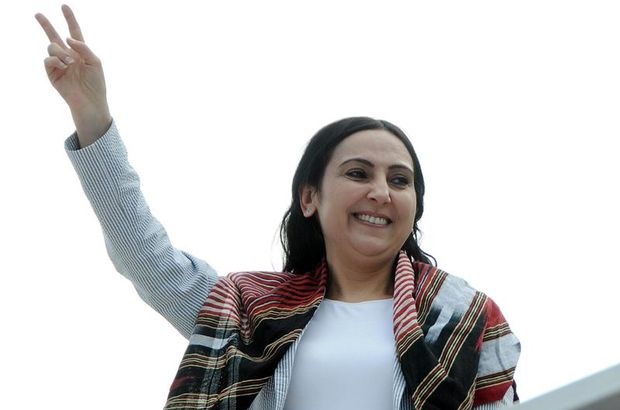
Source: The Kurdistan Tribune.
Prior to the formation of the HDP out of the ‘Peoples’ Democratic Congress’ (HDK), the Kurdish movement in Turkey had been largely framed by the war between the ‘Kurdistan Worker’s party’ (PKK) and the Turkish State. The PKK has been engaging in an armed struggle against the Turkish state since 1984, where the organisation prior to this had been a civil rights movement (it was founded in 1978). This war brought Kurdish issues to the forefront and started a discussion in the 90’s over the ‘Kurdish question’ – a term that has since referred to conversations over Kurdish rights, homeland and so forth.
When the PKK’s leader Abdullah Ocalan, who has been jailed in isolation on Imrali island since his capture by the Turkish ‘National Intelligence Organisation’ (MIT) in 1999, was contacted by AKP government in 2013 to discuss a solution to the conflict, HDP MP’s took part in negotiations. Turkish state media has since framed such engagements between HDP and PKK as being indicative of a partnership between the two. Accusing HDP of being a political wing to the PKK, these outlets’ (Daily Sabah etc.) contrived a narrative of events that would be later used by AKP as justification to jail HDP members.
Upon the election of Demirtaş to party co-leadership in 2014, the Rojava revolution had been in full swing in Syria and a revitalisation of the Kurdish movement in the Middle East had taken hold. However, this revitalisation did not come without its challenges. Another group in Iraq and Syria had emerged out of the instability and chaos. The ‘Islamic State of Iraq and Syria’ (ISIS) had emerged and grown exponentially. Its growth had brought with it great suffering and bloodshed, and was now on the doorstep of a small Kurdish city in northern Syria called, ‘Kobane’.
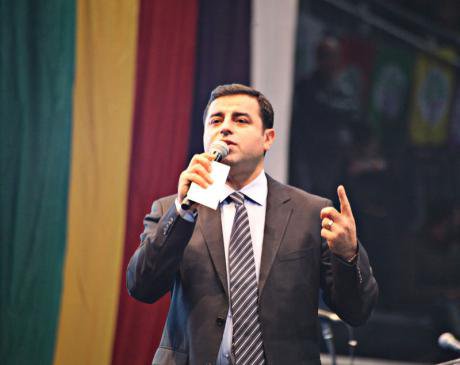
Source: OpenDemocracy.
The besieging of Kobane at hands of Islamic State militants created a huge outcry in Turkey. Thousands of Kurds in the country protested the inaction of the new president Recep Tayyip Erdogan’s government. In Diyarbakir (Kurdish capital of Bakur) and places like Mursitpinar, Kurds vocalised their support for fellow Syrian Kurds. During the siege of Kobanî, Turkish forces watched from a distance and closed the border between Syria and Turkey, forcing hundreds of fleeing civilians from Kobanî to return. A charismatic Demirtas was one of most vocal proponents for intervention to stop ISIS’ siege and one of biggest critics of Erdogan’s lack of action.
Soon after ISIS besieged Kobani, the US delivered the necessary assistance in the form of airstrikes that helped break the siege. This led to a victory for the ‘People’s Protection Units’ (YPG) who had been holding out against ISIS for months. After this victory, Demirtaş became an increasingly pernicious thorn in Erdogan’s side. As the young HDP leader did not stop his criticisms of the president in parliament. These criticisms would culminate in his arrest in November of 2016.
When a military coup was foiled by AKP in 2016, Erdogan blamed the coup’s orchestration on Fethullah Gulen and his organisation, ‘The Gulen movement’. The president used the failed coup attempt as a pretext to arrest thousands of individuals, whether they be Gulenists or not. I have mentioned in my writing before that this was the spark that consolidated Erdogan’s, ‘Republic of Fear’. Thousands of members of government, education, law and rival parties were arrested on terrorism charges, as Erdogan unleashed a purge on the country.
In a speech that was delivered before the Turkish parliament in 2016 Demirtaş highlighted the power that Erdogan had been given from the foiled coup and his abuse of that power. However, for Demirtaş and for many other HDP members’ comments, many – including Demirtaş – were arrested. Arrested without trial, the HDP leader and members of the party have since remained in jail ever since.
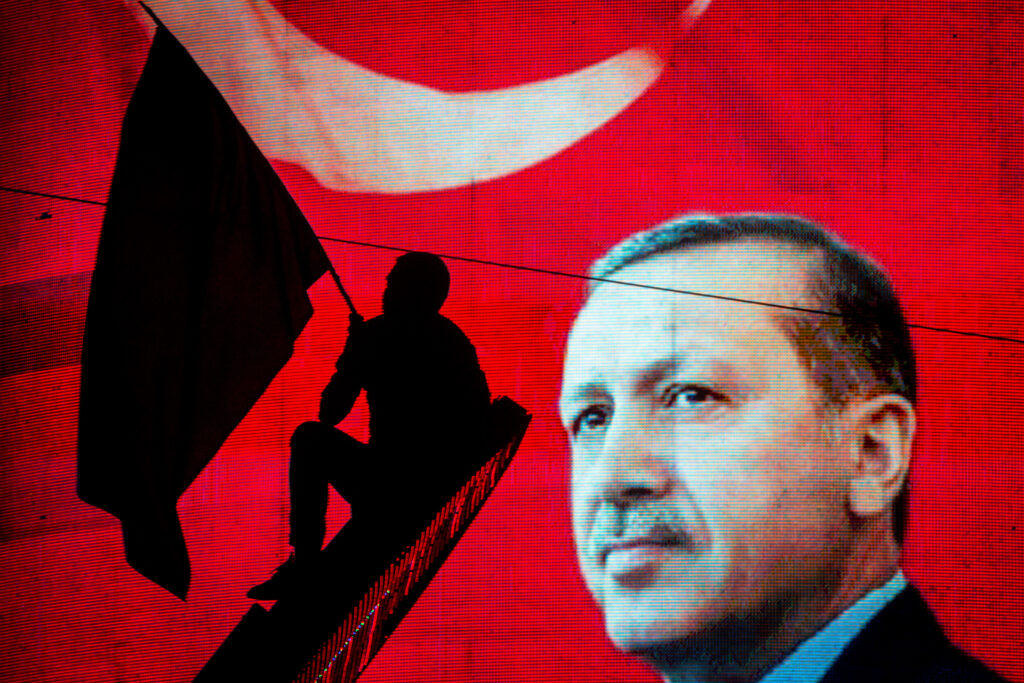
Source: Photo by Chris McGrath/Getty Images.
The new year of 2018 brought with it striking news for Kurds and supporters of HDP in Turkey, as before a recent HDP party meeting and regarding future party elections for February 11th, a letter was read from Demirtaş that stated that he would be stepping down from party leadership. This comes as a sad development, but an understandable one, as the party’s main leadership is behind bars and cannot effectively run the party well in this state. Such a development has brought with it concerns for the future.
Debates over the Kurdish Question have resurfaced in Turkey, as Erdogan’s incursion in Syria in 2016 (operation Euphrates Shield) to stop YPG, which Ankara considers to be a Syrian PKK branch, and increasing crackdowns in the country have brought forth a discussion over the place of Kurds in the Middle East. Whether AKP has meant for this or not, there are large numbers of Kurds, both in Turkey and out of it, that do not trust the Turkish government. There are still Kurds who do not identify as Turks within the country and the banning of Kurdish terms in parliament does not help the AKP to convince Kurds of the fairness of the government to them.
The length of imprisonment for some HDP members, if the pro-AKP justice system is anything to go off, looks to be quite long. For Kurds, the major parties beside HDP, such as CHP and MHP, do not fight for Kurdish rights. Each of the major parties either has a Kemalist, Turkish Nationalist or Islamist ideology that have each been historically rooted in anti-Kurdish sentiment. As a result, there are many Kurds who do not feel that the government represents their interests and have supported HDP as a result, because they feel it to be an avenue for representation.
What is evident is that the country is in a precarious position, as increasing opposition towards Erdogan’s government coupled with a failing foreign policy, repressive policies and creeping Islamist decrees have put a lot of the country on edge. Regardless of what may happen and what can be speculated for the future, what is known now is that many Kurds desire a change in how the government treats them. It is up to the government of Turkey to heed their calls.
Written by Anthony Avice Du Buisson (05/01/2018)

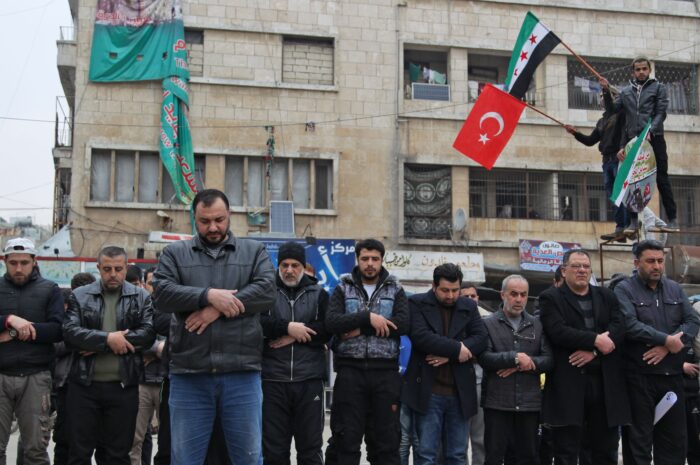
![A geopolitical primer on the Afrin Crisis – The Region [Article]](https://philosophyismagic.com/wp-content/uploads/2020/07/C-1IbUZWsAAkIl_-700x465.jpg)
